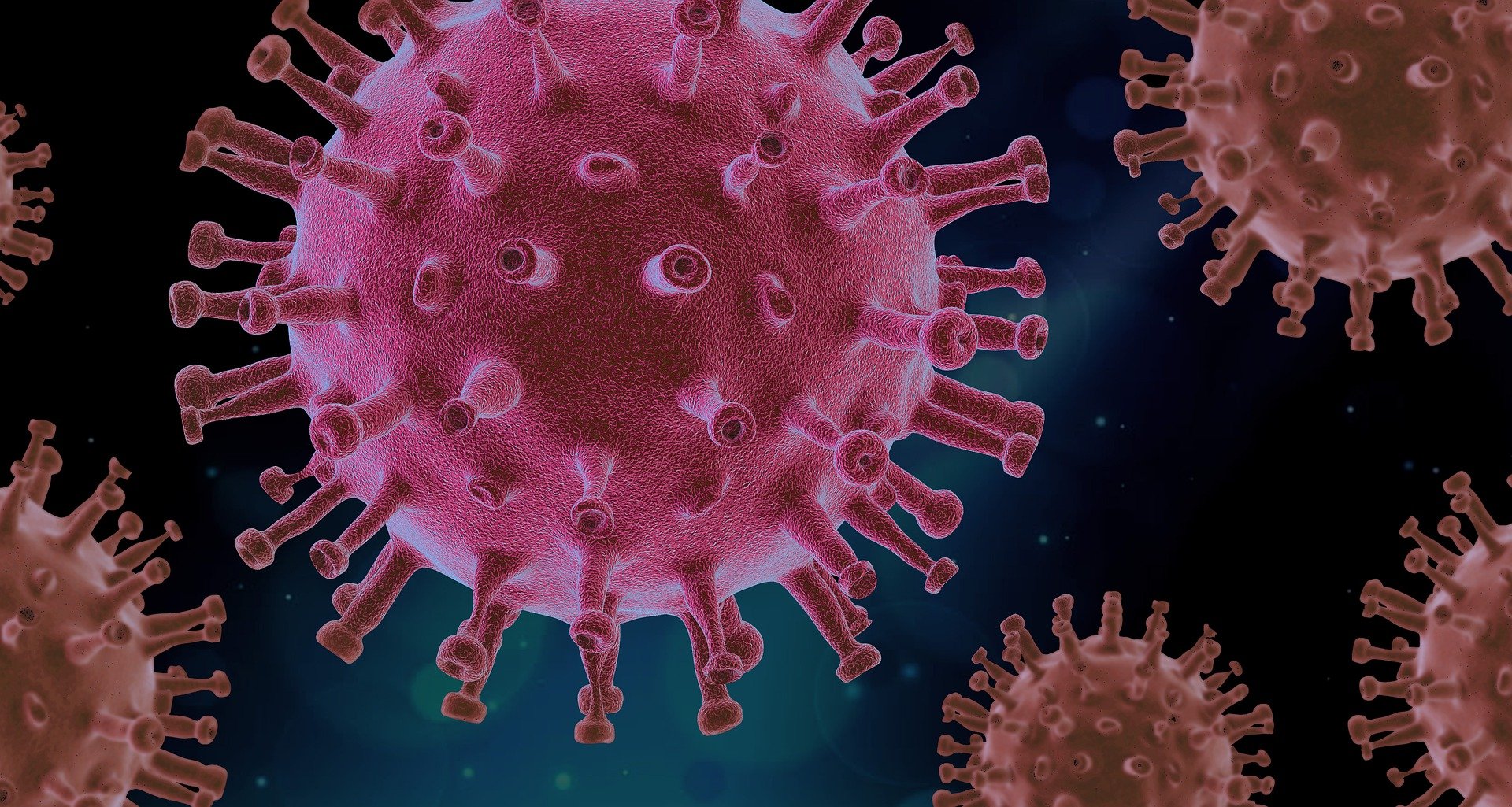As COVID-19 spreads, more infectious variants of the virus have emerged, sparking concerns among the public of a potential third wave. As of February 18, there are over 704 cases of highly transmissible COVID-19 variants in Canada. Many public health officials are expressing the hope that the loosening of restrictions in large Ontario cities will be delayed to prevent further spread.
“I have never been as worried about the future as I am today,” said Toronto’s Medical Officer of Health Dr. Eileen de Villa in a February 17 press conference.
“A week ago there were 33 confirmed cases of COVID-19 variants in Toronto. Today we have 56. In fact there are more than five times that number being confirmed in the labs right now — 283 cases from Toronto have screened positive as variants of concern. The variants of concern mean we face a deceptively dangerous situation,” de Villa continued.
“Right now, the case count numbers don’t look so bad — nor do they sound bad — but
today’s variant count is the tip of the iceberg. By the time the confirmed case counts are big enough to shock us, it will be too late to do anything. This could lead to a third wave that is just as bad as anything we’ve seen thus far.”
The dominant variant right now is known as B.1.1.7 and Ontario recently reported 391 cases as of February 21. Variant B.1.1.7 was originally reported in the U.K., and has proven to be more infectious than the original strain. After the first reported cases on September 20 in the U.K., it quickly became the most dominant strain in the southeast of England. There are currently nine cases of B.1.351 in Ontario, which was first noted in South Africa, and one case of P.1, which was first found in Brazil.
The variants became more infectious due to mutations that allowed their spikes to adhere better to human cells, potentially enabling cases to rise into the hundreds by late February. The new mutations of the variant has people wondering if our vaccines will be able to keep up.
Recent research data shows the current Pfizer and Moderna vaccine will be effective against the new variant. However, there are mutations found in other variants that may dampen the effect of one dose of the vaccine.
Thousands of new cases are being reported everyday in Canada and Ontario, with a total number of cases almost hitting 300,000. Despite the vaccine possibly working on this new variant, it could still mean a massive spike in cases.
Dr. Andrew Morris, an infectious disease expert at the City of Toronto, told CTV News that he expects cases to go up within the four to six weeks following reduced restrictions in Ontario. He added that reopening Ontario now will only lead to more lockdowns in the future.
Caroline Coljin, a COVID-19 modeler and mathematician at Simon Fraser University, added that the word “wave” is misleading, since most virus waves ease up on their own as people naturally build up immunity. In the current situation, this does not appear to be the case.
“We’re not seeing a natural tailing off. We’re seeing things drop because of restrictions.” Coljin likened loosening restrictions now to turning off hoses on a fire and being shocked when the fire starts again.
These concerns and warnings seem to be shared, seeing as they have been brought to the attention of Ontario’s Health Minister, Christine Elliott. According to the Toronto Star, she is considering a request from Toronto and Peel region to potentially delay loosening restrictions for two weeks.
Other health officials warn that lifting the stay-at-home order in Toronto and Peel would only result in a rise of COVID-19 cases throughout the region. Elliott mentioned the province’s top doctor will be looking at the COVID-19 data to make a decision on the request.
“Here’s the good news — this is really important and I agree with the observation of the provincial science table. Public health measures appear to be effective against variants, as are aggressive vaccination and sticking with stay-at-home orders,” said de Villa.
“I would love to be able to tell you that we are at a point where restrictions can be substantially lifted. Today it is better to delay reopening and present a gradual reopening when we have certainty that the time is right.”



